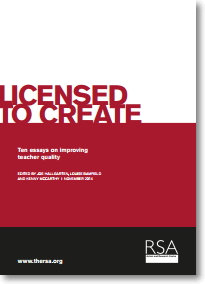Microsoft researchers, at their Cambridge UK facilities, are in the midst of developing a new set of coding tools which will support children with additional sight needs in exploring the creation of code, commands and programs.
Torino is a physical programming language, which will, it is hoped, enable children with visual impairments, to take part and contribute in coding classes. Sharing the world of code and developing an understanding of the structure of programmed technology with their peers.
It is hoped that the project, when fully realised can be useful to other cohorts of learners, from adults to those who can be constrained by dyslexia and autism, to be able to access careers as computer scientists or software engineers.
The World Health Organization estimates that 285 million people worldwide are blind or visually impaired, and the vast majority of those people live in low-income settings. In the United Kingdom alone, the Royal National Institute of Blind People says only one in four working age adults who are blind or partially sighted are doing paid work.
Source: blogs.microsoft.com Accessed – 28.03.2017
Recruiting young people and educators for the project:
The Project Torino Beta – Expression of Interest page is still live on the web. You can subscribe to receive more detailed information from Microsoft and Project Torino when the beta evaluation goes live.
The process is available to educators and parents in the UK. See more here.
Inclusion at the heart of technology:
Reading the project detail, it is clear that inclusion for all learners lies at the heart of the project. The research and design work, initially geared towards children in the seven to eleven age group, has already created a curriculum for teachers to be able to use Project Torino. (No prior coding skills are needed…Ed.)
An ‘app’ has also been created to enable children, once having mastered their physical language coding skills, to move on into text based code, wherever appropriate.
Great news from Microsoft Research in Cambridge. We shall follow the project with interest.


